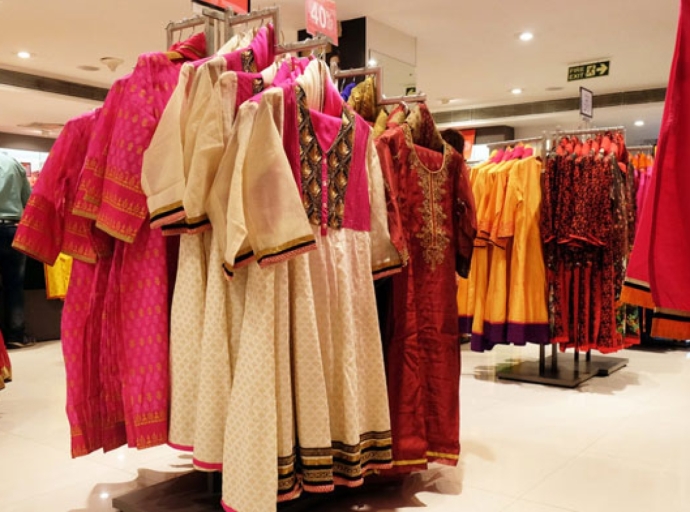Fashion e-commerce platform Myntra has partnered with another team Mumbai Indians as it looks to strengthen its presence in the financial capital of India. Myntra had earlier partnered with IPL teams Chennai Super Kings and Royal Challengers Bangalore as their fashion partners to tap the South Indian markets.
As part of this partnership, Myntra will have its logo placed across MI’s team branding and communications, while MI’s team merchandise will be sold on Myntra’s platform. Myntra will also showcase MI’s team and player imagery on its platform in an effort to leverage its salience in Mumbai – one of the most crucial markets for Myntra.
Amar Nagaram CEO Myntra said, Myntra’sassociation with the defending champions, Mumbai Indians, is bound to add to the fashion and form quotient of the season. Mumbai, considered the hub and trendsetter for fashion and style, will propel Myntra to further deepen its relationship with the customers in the region and beyond whilst enabling impactful visibility for Myntra across the wide fan base of the game.

























